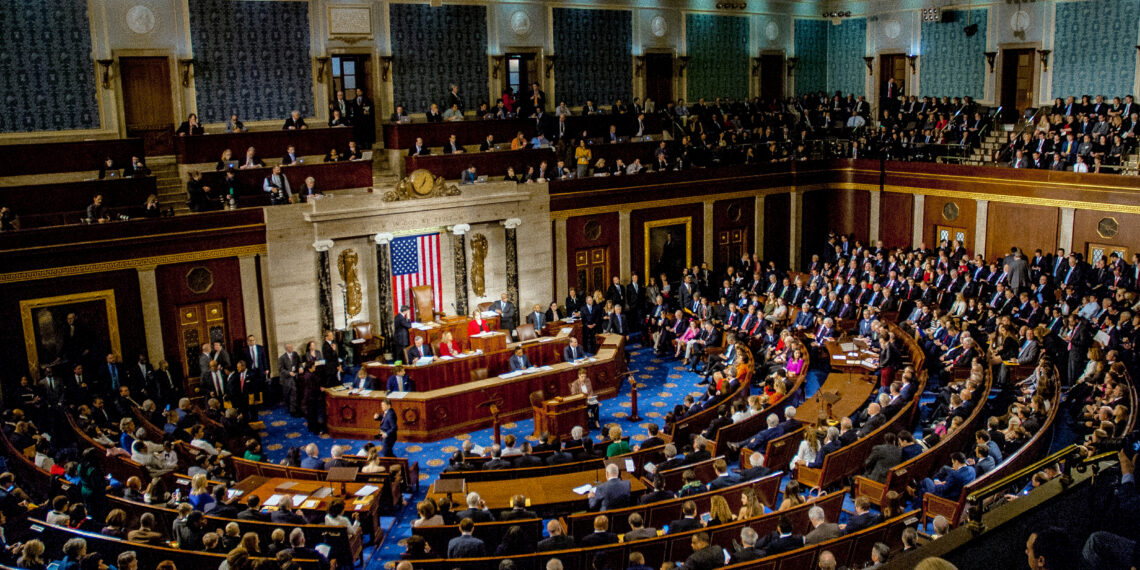US policy makers are continuing efforts to further improve state permitting processes for mining and other domestic infrastructure projects.
In late May, an agreement between US President Joe Biden and House Speaker Kevin McCarthy was signed to lift the US debt ceiling that would aim to simplify and quicken future project development.
However, officials are appealing for more to be done, with many agreeing that the June bill alone was insufficient to reform permitting.
In the US, it takes an average of seven to 10 years to secure permits needed to commence mining operations. Comparatively, countries like Canada and Australia, who have other similar regulations, see an average permitting period of two years.
Typically, a mining project loses around a third of its value during permitting due to delays and the increased expenditure that arises from a prolonged permitting process can halve the value of a mine.
These timelines are threatening US efforts to decarbonize the economy and could counteract the Inflation Reduction Act and other recent policies that aim to combat climate change.
As reported by S&P Global, Senate Majority Leader Chuck Schumer announced by letter that efforts to unlock permitting reform would be a key focus in July ahead of congress’ August break, but doubts remain as to whether progress can be made given the tight timeframe.
Joe Manchin, who holds a chair position in the Senate Energy and Natural Resources Committee, said he would hold permitting hearings in July.
With support from US Democrats, Manchin has called for the strengthening of the Federal Energy Regulatory Commission’s power to permit large transmission projects if a state objects to the project or fails to come to a permitting decision.
Back in June, Democrats slammed the debt ceiling agreement for largely excluding grid-specific measures, with the bill only containing a directive for the North American Electric Reliability Corp. to study power transfer capabilities.
Republicans are also of the same sentiment. Shelley Moore Capito, a Republican on the Senate Environment and Public Works Committee, suggested that projects should be free from judicial trial and automatically meet National Environmental Policy Act (NEPA) requirements by default if an agency misses agreed deadlines for completing reviews.
Further, Capito’s new bill would require courts to grant final decisions on challenges to NEPA requirements within 180 days. Time is somewhat limited, and responsibility falls with the Senate to streamline permitting, whose deadline to pass agency spending bills for the upcoming 2024 financial year is 30 September.












